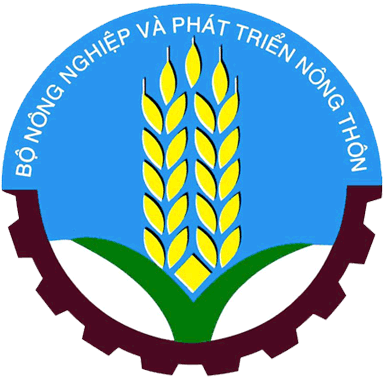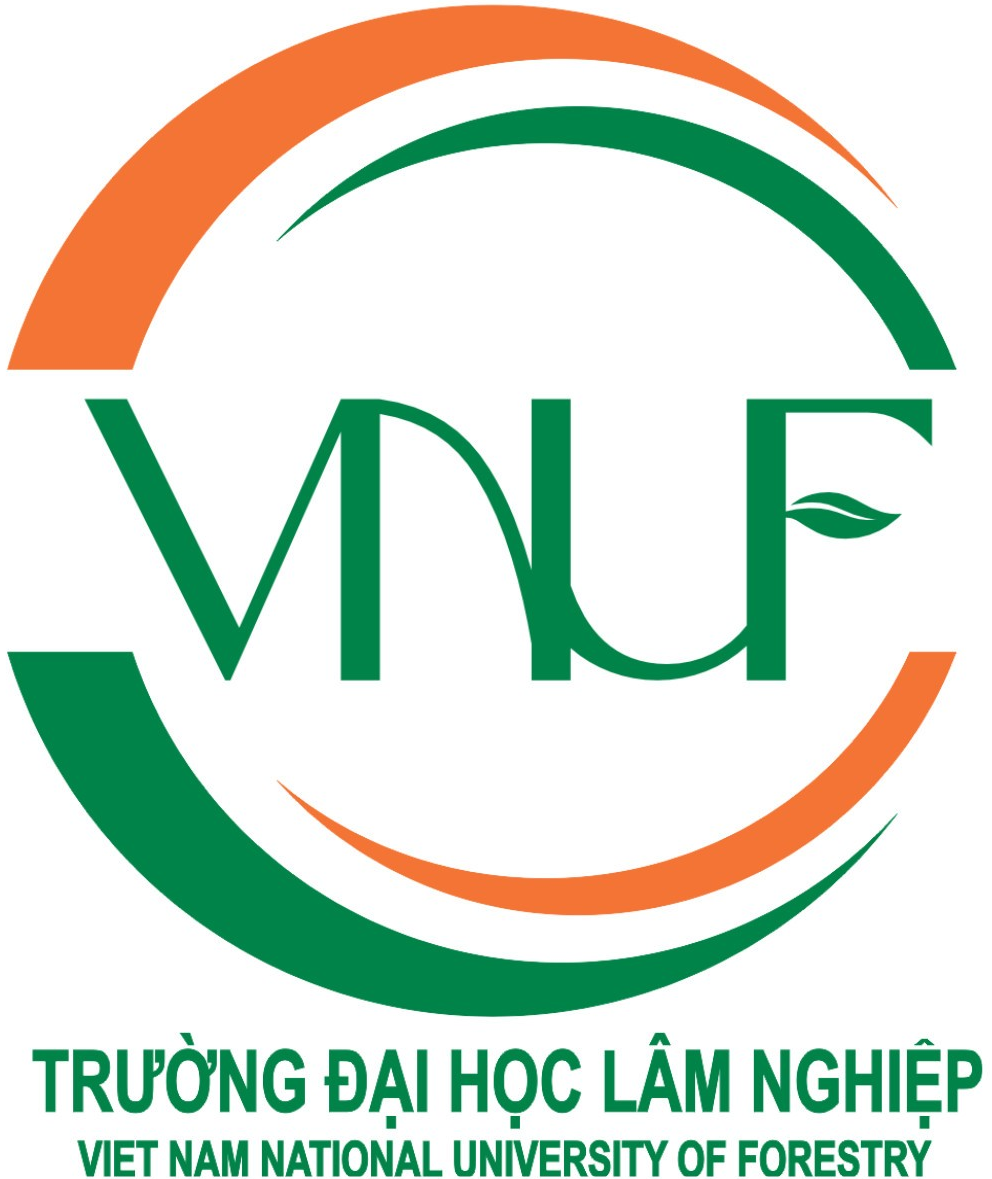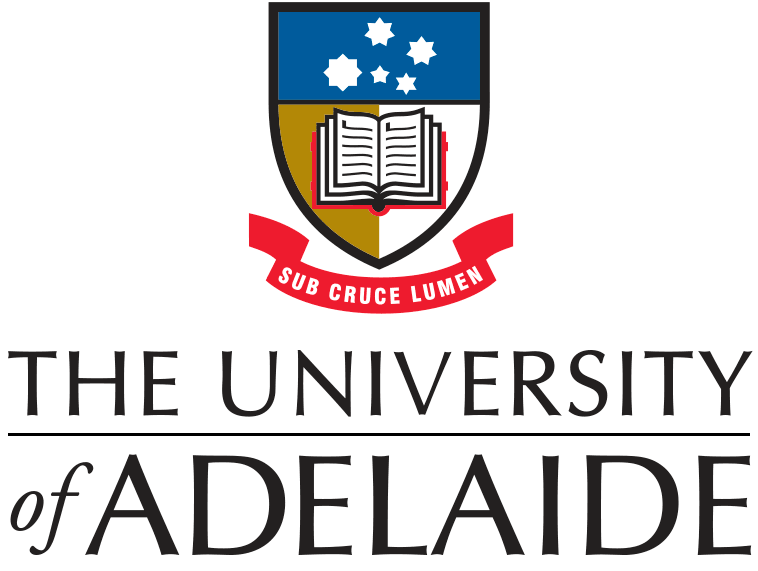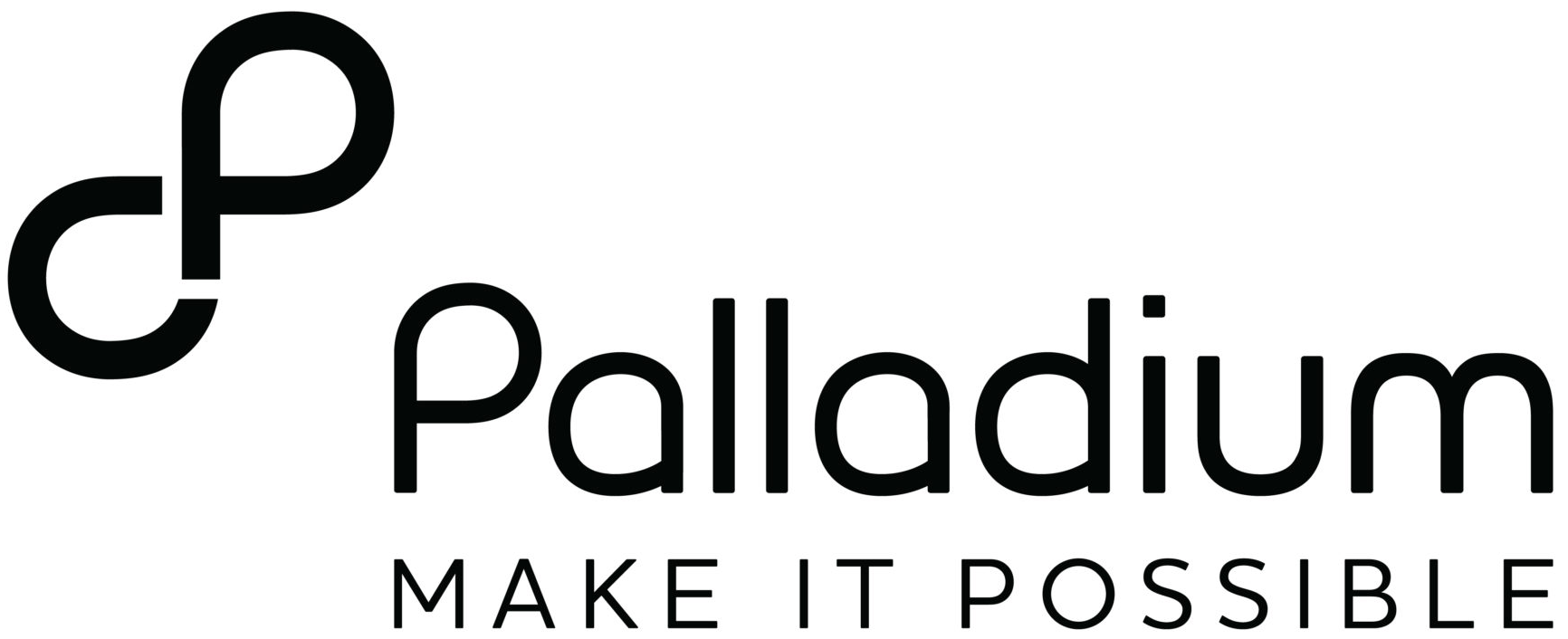Coastal and wetland ecosystems (including mangroves, tidal marshes and grasslands) play an important role in climate change adaptation and mitigation; and ensure the livelihoods and well-being of coastal communities. Salt marshes, mangroves and seagrass beds absorb large quantities of the greenhouse gas carbon dioxide from the atmosphere and store it, thus decreasing the effects of global warming. Previous research studies suggest that mangroves and coastal wetlands sequester carbon at a rate ten times greater than mature tropical forests. They also store three to five times more carbon per equivalent area than tropical forests. Most coastal blue carbon is stored in the soil, not in aboveground plant materials as with tropical forests. With their great potential in mitigating climate change, coastal and wetland ecosystems are of great interest to many investors in the global carbon market.
Vietnam has a long coastline, and its coastal ecosystems are highly vulnerable to sea level rise and climate change. The Government of Vietnam has issued many policies including its latest Nationally Determined Contribution, and the Vietnam Forestry Development Strategy 2021–2030 with vision to 2050, which emphasize the need to protect, expand and enhance the quality of coastal forests and ecosystems. These policies also call for research and knowledge sharing on innovative financing mechanisms including a carbon market to finance and manage coastal ecosystems sustainably. Despite having market potential, few blue carbon credits are being traded in carbon markets. Information on blue carbon transactions and projects is very limited and not widely disseminated. This inhibits learning and information exchange between parties, and hampers capacity to improve blue carbon policy and project design and implementation.
To address these knowledge gaps, and to facilitate knowledge exchange between Vietnam and other countries in designing effective, efficient and equitable blue carbon policies and projects, the Department of Forestry, the Ministry of Agriculture and Rural Development, Vietnam National University of Forestry (VNUF), the University of Adelaide (UoA) and the Center for International Forestry Research and World Agroforestry (CIFOR-ICRAF) are co-organizing an International workshop entitled International lessons learned on designing and operating an effective, efficient and equitable blue carbon market. The workshop will bring leading international and Vietnamese experts, policymakers and practitioners together to share ideas and discuss:
- latest developments in a global blue carbon market;
- international experiences in designing and operating blue carbon projects on the ground;
- the multifaceted aspects of integrating blue carbon ecosystems into policy and project design;
- knowledge exchange and partnerships between stakeholders.






















